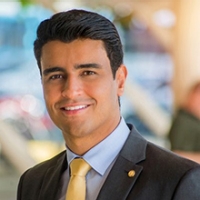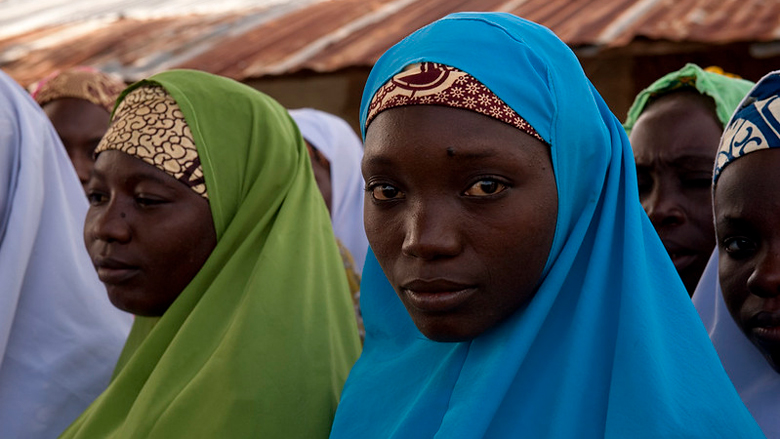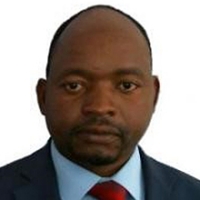The year 2020 is a milestone on the gender equality agenda – it marks the 25-year anniversary of the adoption of the Beijing Declaration and Platform for Action, an unprecedented plan for the achievement of gender equality and empowerment of women signed by 189 nations, and only ten years left to meet Sustainable Development Goal #5 to attain gender equality and empower all women and girls by 2030. People often think of gender equality as a fight to be won by women and girls, but just as any other challenge of the 21st century, it is one that requires the participation of women and men, girls and boys.
The first female speaker of Malawi, Catherine Gotani Hara, who was recently elected by her parliament, is an excellent example:
“(In Malawi) we only have 45 women in parliament out of 193. For me to win at the National Assembly as Speaker of Parliament, the best champions for my campaign were men. There is a need for us to get the men involved to help us get the agenda that we want.”
In honor of International Women’s Day in this important year, the World Bank Global Parliamentary Engagement team conducted a He for She survey, asking two prominent young male parliamentary champions of gender equality about the importance of women in parliament and how parliaments can take action to better educate and empower both girls and boys to overcome discriminatory gender norms.

Bertha Lutz, a Brazilian politician and activist who struggled for the female vote said, "To refuse equal rights to women by virtue of sex is to deny justice to half the population.”
Diversity is necessary in parliament so that the debate remains equitable, reflecting peoples’ different realities and experiences to contribute to more effective public policies and laws. In addition to diversity, social inclusion, and equity, we would be moving towards an effective, participatory democracy and, therefore, more ethical policies.
What I see as a man and as a parliamentarian is that we need to break down cultural barriers that lead to the systematic exclusion of women. The future is not made alone. Now more than ever, there is a need for dialogue so that everyone’s rights are guaranteed. As one famous politician rightly pointed out, “In politics, if you want to anything said, ask a man. If you want anything done, ask a woman.” In addition to laws that guarantee rights and protection for women, such as in situations of domestic violence, more severe punishment of feminicide, virtual crimes of extortion, and medical programs in Brazil, society has demanded a governmental shift towards gender equality and female representation, not only in politics, but in all fields.


